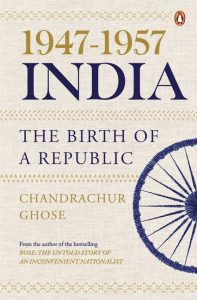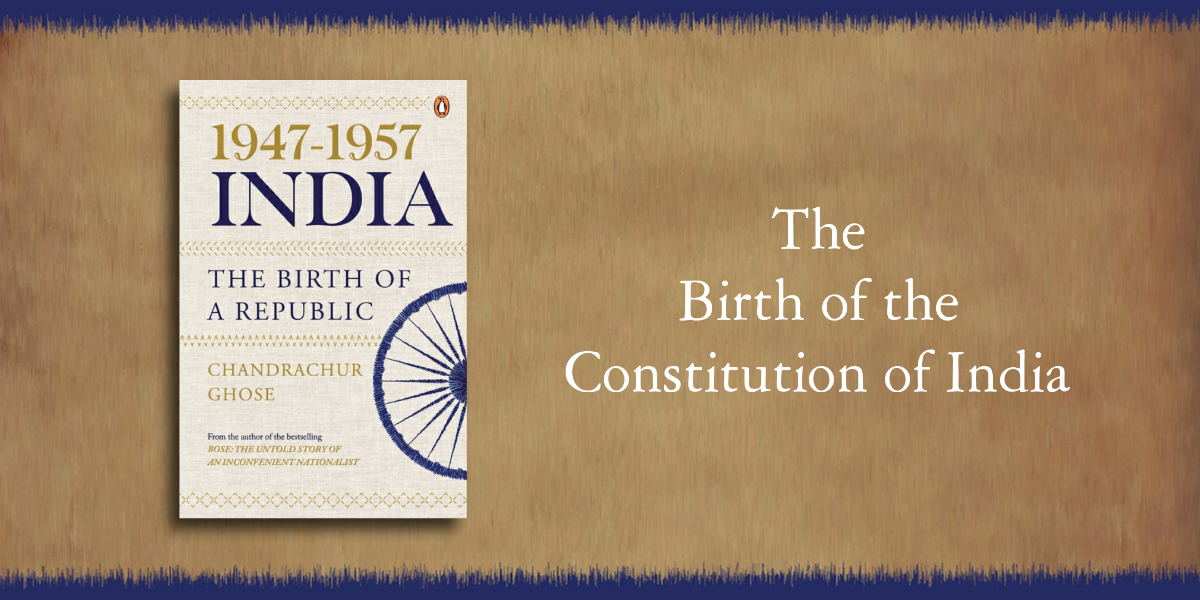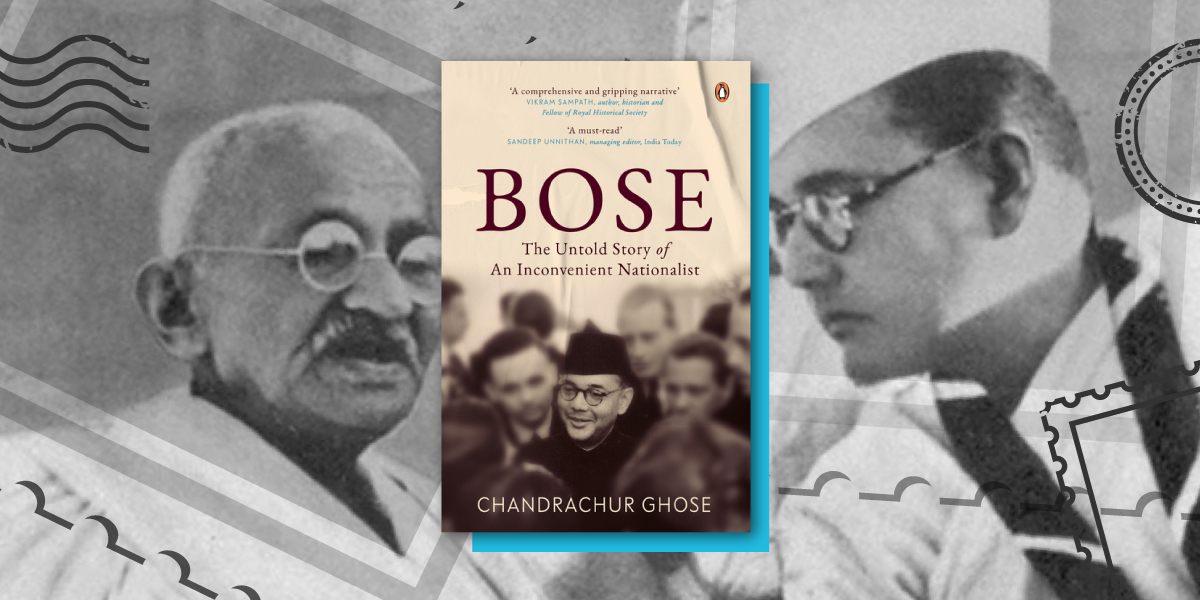The Birth of the Constitution of India was a momentous journey, led by the visionary Dr. B.R Ambedkar and the Constituent Assembly of India. In the book, 1947-57, India: the Birth of a Republic, author Chandrachur Ghose offers a glimpse into the various criticisms and debates that ensued and how Dr. Ambedkar eloquently defended the federal structure of the constitution as it was adopted on 26th November 1949 and come into force on 26th January 1950, bestowing upon the people of India the responsibility of ensuring its success and upholding its democratic principles in the years to come.
Read this insightful exclusive excerpt to learn more.

***
Ambedkar further elucidated the relation between the Centre and the states as a number of criticisms had been hurled at the draft constitution, claiming that the powers of the states had been reduced. Answering the criticism that the Centre had been given the power to override the states, Ambedkar clarified that although the ‘charge must be admitted’, ‘these overriding powers do not form the normal feature of the Constitution. Their use and operation are expressly confined to emergencies only.’
Ambedkar told the Assembly:
As to the relation between the Centre and the States, it is necessary to bear in mind the fundamental principle on which it rests. The basic principle of Federalism is that the Legislative and Executive authority is partitioned between the Centre and the States not by any law to be made by the Centre but by the Constitution itself. This is what Constitution does. The States under our Constitution are in no way dependent upon the Centre for their legislative or executive authority. The Centre and the States are co-equal in this matter. It is difficult to see how such a Constitution can be called centralism. It may be that the Constitution assigns to the Centre too large field for the operation of its legislative and executive authority than is to be found in any other Federal Constitution. It may be that the residuary powers are given to the Centre and not to the States. But these features do not form the essence of federalism. The chief mark of federalism as I said lies in the partition of the legislative and executive authority between the Centre and the Units by the Constitution. This is the principle embodied in our Constitution. There can be no mistake about it. It is, therefore, wrong to say that the States have been placed under the Centre. Centre cannot by its own will alter the boundary of that partition. Nor can the judiciary.
On 25 November 1949, closing the debate on the adoption of the Constitution, Ambedkar made some incisive comments defending the work done by the Drafting Committee and the Constituent Assembly, and putting the onus of working the Constitution on the people of the country:
I feel, however good a Constitution may be, it is sure to turn out bad because those who are called to work it, happen to be a bad lot. However bad a Constitution may be, it may turn out to be good if those who are called to work it, happen to be a good lot. The working of a Constitution does not depend wholly upon the nature of the Constitution. The Constitution can provide only the organs of State such as the Legislature, the executive and the Judiciary. The factors on which the working of those organs of the State depend are the people and the political parties they will set up as their instruments to carry out their wishes and their politics. Who can say how the people of India and their parties will behave? Will they uphold constitutional methods of achieving their purposes or will they prefer revolutionary methods of achieving them?
He had argued equally strongly while introducing the Draft Constitution in November 1948:
No Constitution is perfect and the Drafting Committee itself is suggesting certain amendments to improve the Draft Constitution. But the debates in the Provincial Assemblies give me courage to say that the Constitution as settled by the Drafting Committee is good enough to make in this country a start with. I feel that it is workable, it is flexible and it is strong enough to hold the country together both in peace time and in war time. Indeed, if I may say so, if things go wrong under the new Constitution, the reason will not be that we had a bad Constitution. What we will have to say is, that Man was vile.
Rajendra Prasad referred to widespread public interest regarding the framing of the Constitution in his closing statement. He pointed out, ‘53,000 visitors were admitted to the visitors’ gallery during the period when the Constitution has been under consideration.’
The Constitution of India was finally adopted on 26 November 1949 and came into force on 26 January 1950.
***
Get a copy of 1947-1957, India: The Birth of a Republic by Chandrachur Ghose wherever books are sold.








